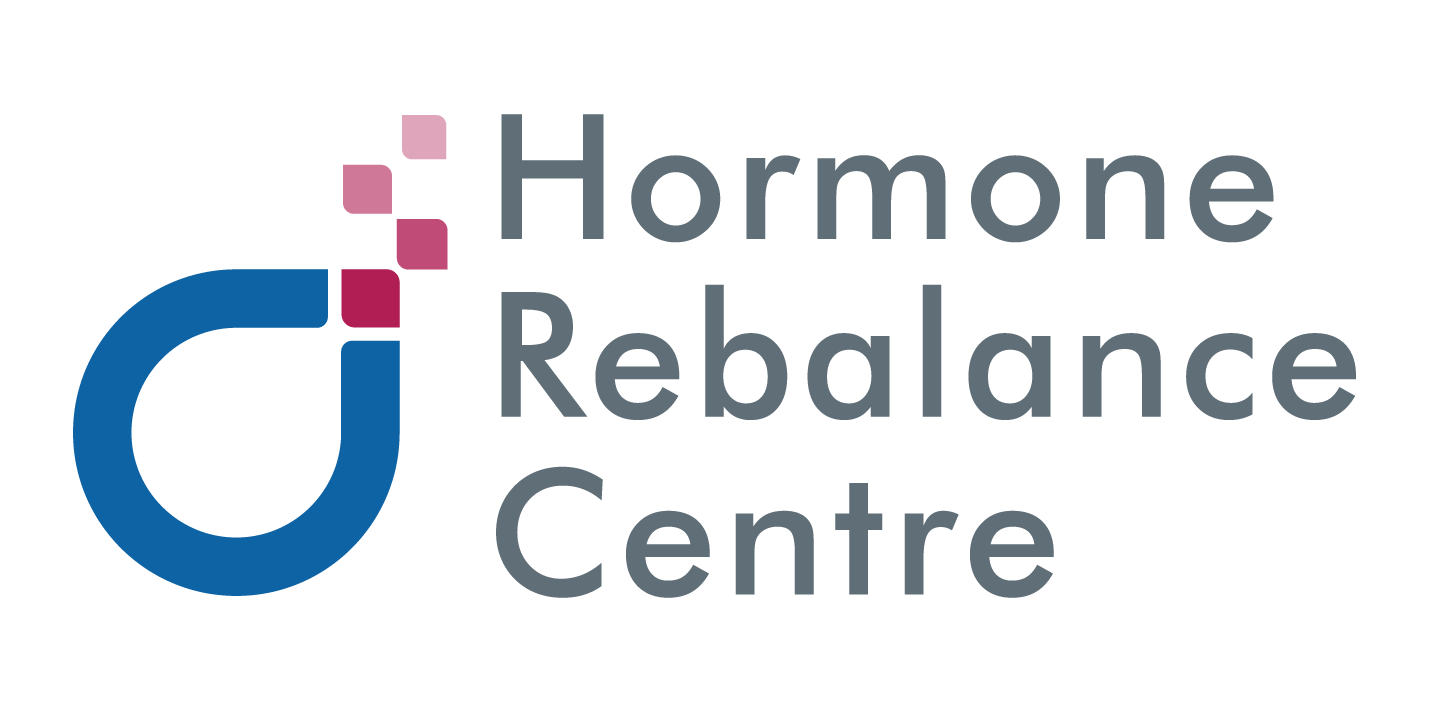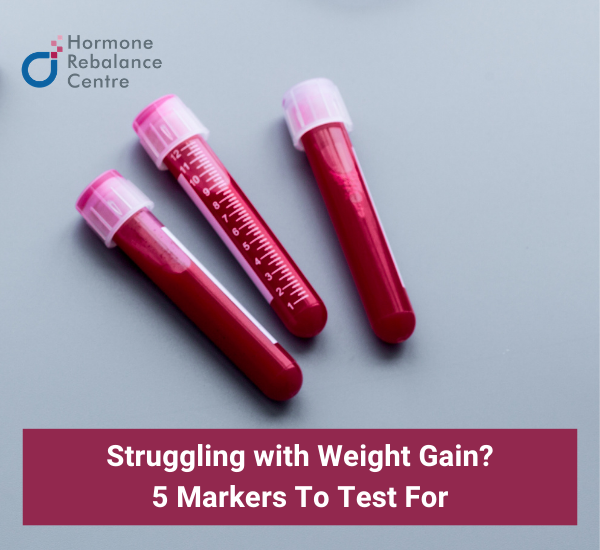Over the last 100 years, our diets have changed so dramatically that obesity is now one of the leading causes of chronic disease among the population. We’ve been led to believe that willpower, a healthy diet and copious amounts of cardiovascular exercise are the keys to finally getting and staying slim and trim.
But what if we told you that this isn’t the case? Sure, diet and nutrition play a major role in weight maintenance, it’s true that you can’t out-exercise a poor diet, but does eating low carb, vegan, low fat or high fat or any other diet mean that you are finally going to find release from the struggle of weight gain? Probably not.
Hormones are chemical messengers that our body makes and then uses to send signals throughout the body. We are most familiar with hormones like progesterone and estrogen, maybe even testosterone, all of which are sex hormones. But did you know that hormones are also used to signal other functions in the body too?
The thyroid uses hormones to maintain energy and metabolism, insulin is a hormone that allows sugar in the blood to get into cells so it can be changed into energy and leptin is a hormone that keeps us from eating too much at once for example.
All of these hormones and the signals that they relay are important in maintaining healthy body weight. Unfortunately, with the change in diet, decline in food nutrition and increase in packaged and processed foods, we are seeing more and more cases of these weight-determining hormones being amiss.
Today we are sharing 5 markers that you should ask your doctor (or out team) to test for if you are struggling with weight gain.
5 Markers for Weight Gain
1. Thyroid Hormones
Hypothyroidism (an underactive thyroid) or even a slightly sluggish one, is a major cause of weight gain, especially among women. The thyroid is a small gland in the front of the neck that is responsible for maintaining metabolism and energy. When thyroid hormones are out-of-whack, for whatever reason, symptoms can include fatigue, weight gain, low energy and depression.
A comprehensive thyroid panel should include:
- T3
- T4
- rT3
- TSH
- Thyroid antibodies
- Iodine, selenium and iron
We find that the reference ranges for thyroid markers are too wide for optimal health. We like to see TSH at 2.0 µIU/mL or below. While higher levels will not necessarily require medications, there are options for thyroid-supporting supplements or desiccated thyroid (natural thyroid replacement therapy).
2. Leptin
Leptin is a hormone responsible for appetite and food intake. It works in tandem with an additional hunger hormone called ghrelin. Together these hormones are responsible for telling us when to eat and how much to eat.
In most patients who have maintained a healthy weight, leptin and ghrelin work seamlessly to orchestrate the fine balance of a growling belly and the full feeling we experience after eating a satisfying meal, but in patients who struggle with weight gain around the abdomen, those who experience fatigue and those who frequently overeat leptin resistance may be a problem.
Reference levels for leptin vary based on BMI (therefore it’s weight dependent) and gender and needs to be interpreted appropriately. There are specific protocols for elevated leptin.
3. Fasting glucose, fasting insulin and HOMA-IR
Fasting glucose is the level of glucose left in your blood after a period of not eating. This test is often performed first thing in the morning, a marker of how well your body deals with glucose.
Healthy glucose metabolism will show a small amount of glucose left in the blood, while poor glucose metabolism (or insulin resistance) will leave a larger amount of glucose in the blood. Most doctors will perform this with routine blood work.
Fasting insulin on the other hand, is a marker that very rarely gets tested in the conventional world. Insulin is the hormone that regulates glucose in the blood but when cells in your muscles, fat and liver don’t respond well to this hormone, this is when insulin resistant happens and this can be a direct cause of weight gain.
HOMA-IR is a specific calculation of the extent of insulin resistance your body is experiencing. HOMA-IR considers the relationship between insulin and glucose and although this calculation is measured based on American reference ranges, this resource can help you plug in your numbers (by converting Canadian reference ranges) and spit out your Insulin Resistance value.
There are many effective protocols to manage insulin resistance and this is probably one of our biggest focuses with our patients struggling with weight gain or resistant weight loss.
Each of these tests is performed through a simple blood draw. If you are interested in more information about investigative functional testing or working with our team of Naturopathic Doctors, please reach out! Our team offers complimentary discovery calls, weight loss and detox programs and is ready to develop a treatment program that works toward your unique goals!
4. Cortisol Imbalance
Cortisol is a stress hormone that works by stimulating fat and carbohydrate metabolism for fast energy, stimulating insulin release and maintaining your blood sugar levels. Therefore cortisol directly impacts the levels of your insulin hormone.
When your cortisol level is too high, it means that your entire metabolic state is constantly in a flight-or-fight mode. This means that your body starts to metabolize and make a lot more energy than you actually use. When your body doesn’t know what to do with excess energy it created, it ends up converting it to fat and storage for a later fight or flight experience.
Cortisol imbalance is a big contributor to belly fat and sugar cravings, amongst many other symptoms and in order to avoid cortisol imbalance, it’s important to first understand what your cortisol production is like? How are you responding to stress? And what are the steps you are taking to support your adrenals?
At the Hormone Rebalance Centre, one of the best ways we recommend to check cortisol levels is through urine testing. If you want to learn more about the available testings that we offer, please feel free to contact us.
5. Estrogen to Progesterone balance
An imbalance in a woman’s sex hormones can lead to water retention, inflammation and slower metabolism. Hormonal changes and fluctuations over the years can also worsen a woman’s insulin response and contribute to weight gain in the hips and thighs.
Although you can check your sex hormone levels on bloodwork, we find that this gives a limiting picture of what is going on in your body. At our centre, we use advanced hormone urine testing to assess not only how much estrogen, progesterone and testosterone a woman is producing, but also how she is metabolizing and detoxifying her estrogens as well as how well it’s balanced with progesterone. All these factors, if they are not in optimal ranges, can make weight loss harder and have an impact on your metabolism.
At the end of the day, there are MANY factors that could lead to weight gain or act as a barrier to weight loss, which may feel like an uphill battle. If you’ve tried cleaning up your diet, exercising more, and even different supplements without much success, you should definitely consider a comprehensive workup. The best results come from an individualized approach. We like to think of weight loss as a side effect of a healthy body and balanced hormones.
If you would like to learn more about your testing options reach out to us today!


No Comments